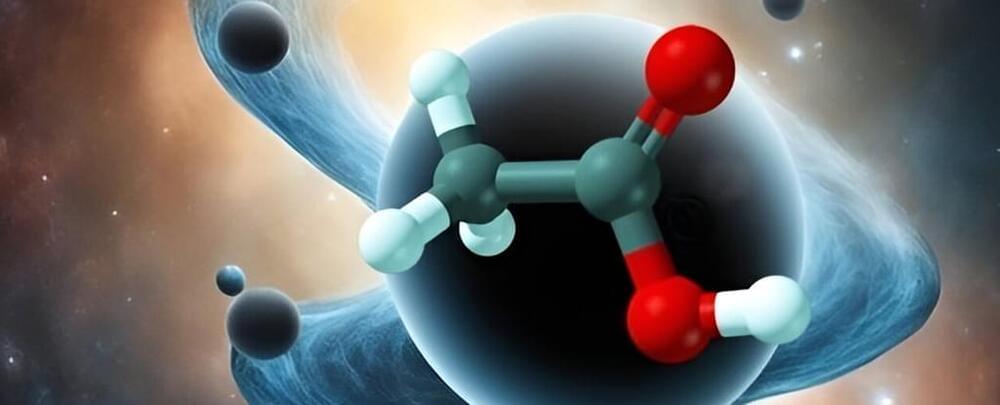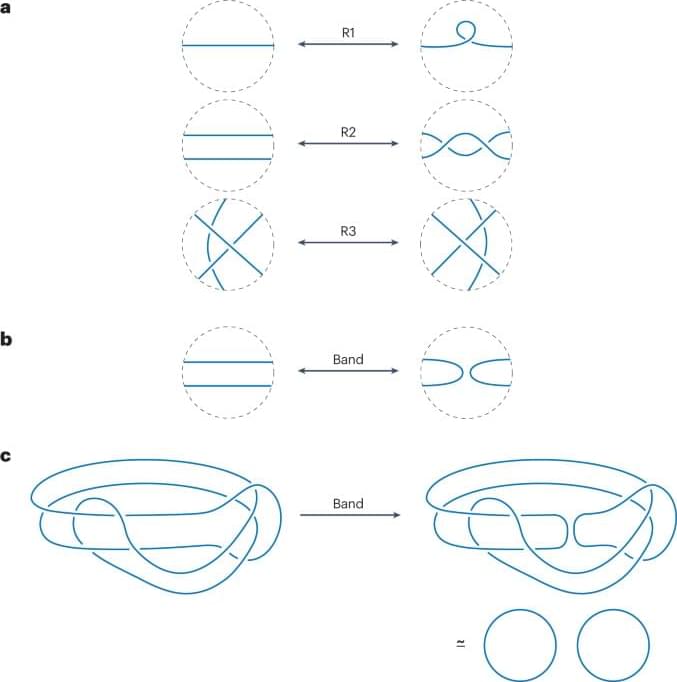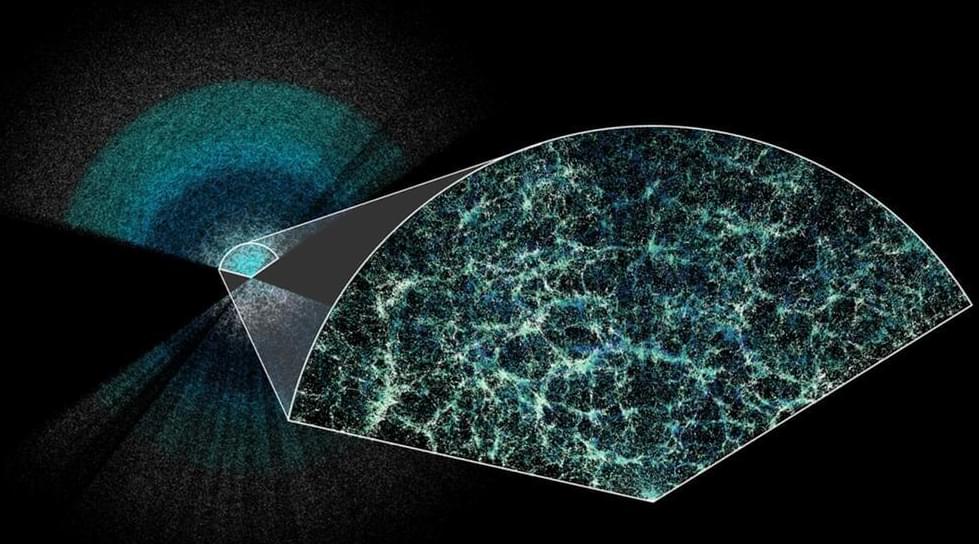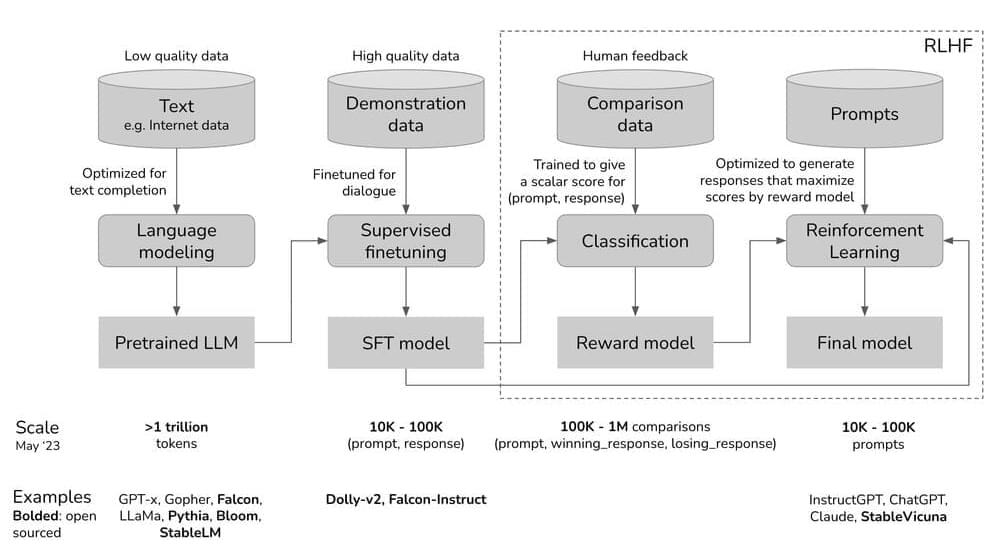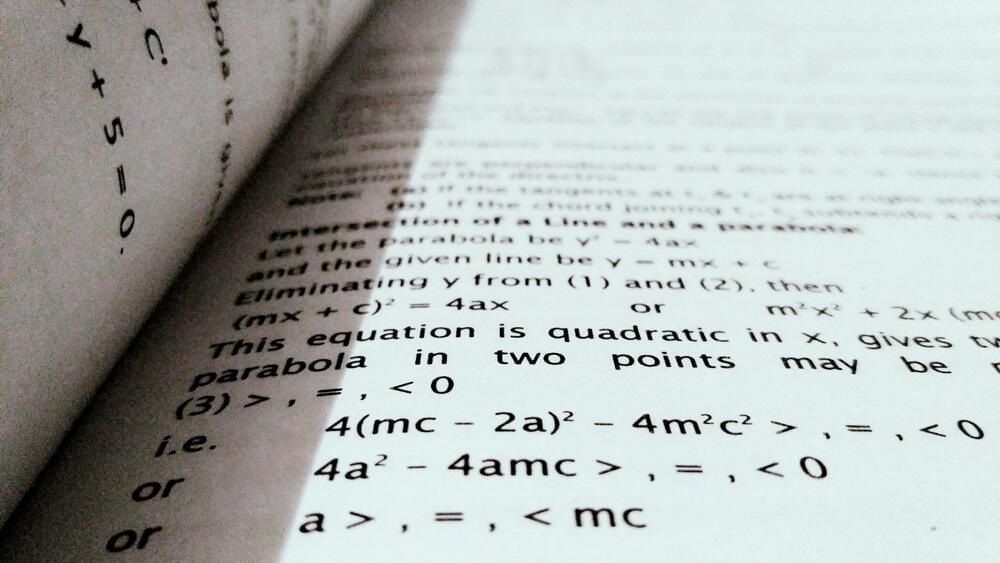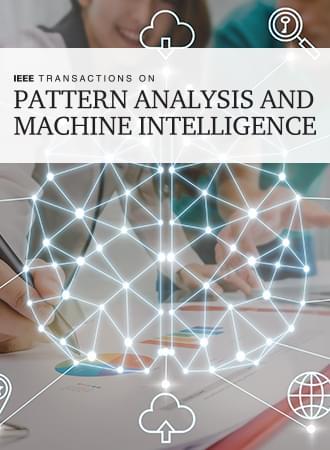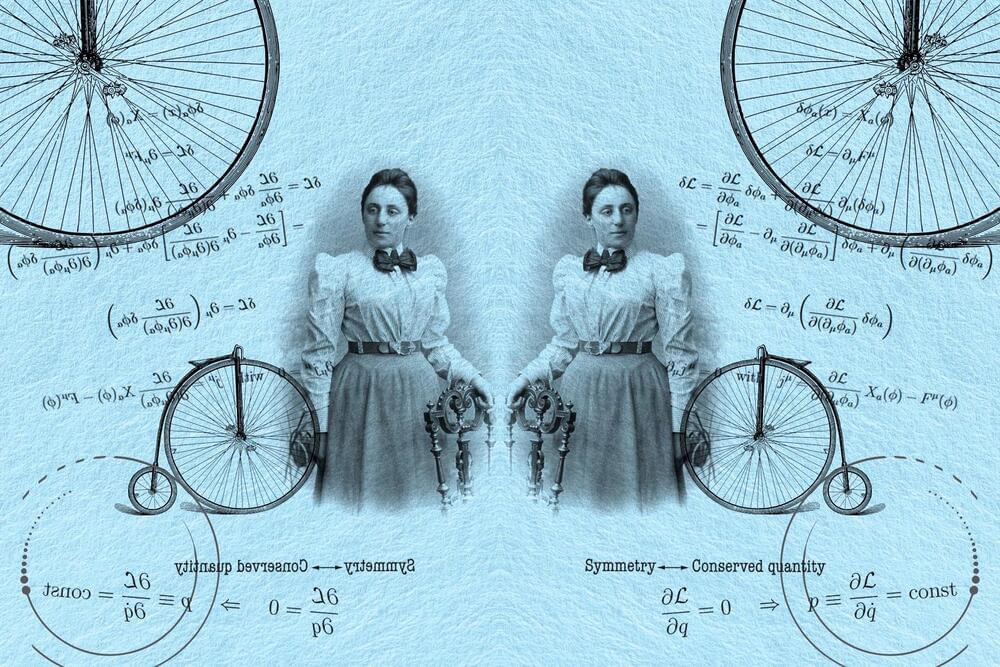Apr 10, 2024
Black Hole Effects on Quantum Information Discovered in Everyday Chemistry
Posted by Paul Battista in categories: chemistry, cosmology, mathematics, particle physics, quantum physics
Nothing makes a mess of quantum physics quite like those space-warping, matter-gulping abominations known as black holes. If you want to turn Schrodinger’s eggs into an information omelet, just find an event horizon and let ‘em drop.
According to theoretical physicists and chemists from Rice University and the University of Illinois Urbana-Champaign in the US, basic chemistry is capable of scrambling quantum information almost as effectively.
The team used a mathematical tool developed more than half a century ago to bridge a gap between known semiclassical physics and quantum effects in superconductivity. They found the delicate quantum states of reacting particles become scrambled with surprising speed and efficiency that comes close to matching the might of a black hole.
